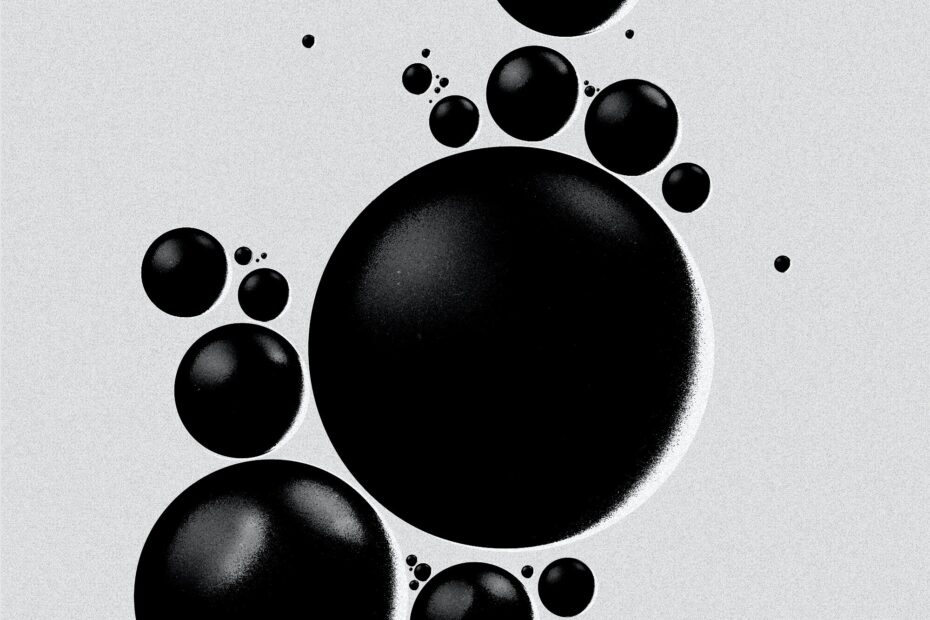I must admit that there are moments when I look at my father and my heart breaks when I consider how much Alzheimer’s has diminished the strong, proud, happy storytelling man I used to know.
The morning I woke up to find my dad standing in the middle of the den completely naked was not one of those moments. (I will allow that it put his previous adventures in pantlessness into a very special kind of perspective, though.)
I’ll be straight with you: I could see my father’s junk (it was being very straight with me). That was when I knew I had to buy augmented reality goggles: a black bar blocking that puppy out would have been welcome. More than welcome: necessary for my continued good mental health.
I must admit that, for an 87 year-old man, he was very fit. His junk looked full and fully functional (even if he couldn’t remember the pleasurable uses to which it could be put). I think I would have preferred if it was shrivelled and grey; who needs that kind of competition? I could understand why he touched it all the time – if my junk was that impressive, I would want to touch it all the time, too!
Apparently, he could remember at least one of the pleasurable uses to which it could be put.
Still, that’s not what a child wants to see (sorry, Herr Doctor Freud – would you like a cigar?). Oog. Double oog. Oog cubed. With hot chocolate fudge and Oreo sprinkles on it. The kind of oog that stays with you for a lifetime. The only positive is that, since I’m quite old, I won’t have to carry the oog with me for too long. I just hope I don’t pass it on to my family in my turn.
Not the legacy I want.
In the early stages of his Alzheimer’s, my father Bernard reminded me of a cat: he was wilful and capricious, rarely responded to his name, only seemed interested in you if you had food for him and sometimes radiated a not entirely pleasant odor. As the disease progressed, he reminded me more and more of a human toddler: he was wilful and capricious, rarely responded to his name, only seemed interested in you if you had food for him and sometimes radiated a not entirely pleasant odor. So much for evolution.
As he enters the sixth, penultimate phase of the disease, my father has become somebody from an alien dimension: even the smallest things seem to fascinate him, but it’s impossible to know what he makes of them.
Take money. In earlier stages of the disease, my father was obsessed with it. He was constantly asking for more. Counting what he had. Asking for more. Accusing everybody around him of stealing it from him. Asking for more. Accusing imaginary enemies of stealing it from him. And of course, asking for more. By this time, he would only leave the house to go to the hospital, so unless he was planning on buying himself a carload of Get Well cards, it’s hard to know what he thought he would do with it.
At first, whenever he demanded more money, my mother would give him a twenty dollar bill. After accumulating several hundred dollars in his wallet, the family agreed that giving my dad more money was not the best use of money. So instead, we bought him a till full of plastic coins. When you think about it, money only has value as long as we believe it does; my dad was proof of that insofar as he believed in the plastic money. Believed in it with all his heart.
Fast forward a few months, when my father came upon the coins once again. He looked at them individually with fascination. At this point, the life-long accountant was beyond finance; perhaps he thought they contained magical powers.
Perhaps money does.
Don’t get me wrong: I’m not suggesting that my father’s Alzheimer’s is a teachable moment for those of us who do not have dementia (yet). Sick people are sick people, not ambulatory metaphors in diapers that well people can learn life lessons from. Still, given people’s reluctance to learn life lessons…


